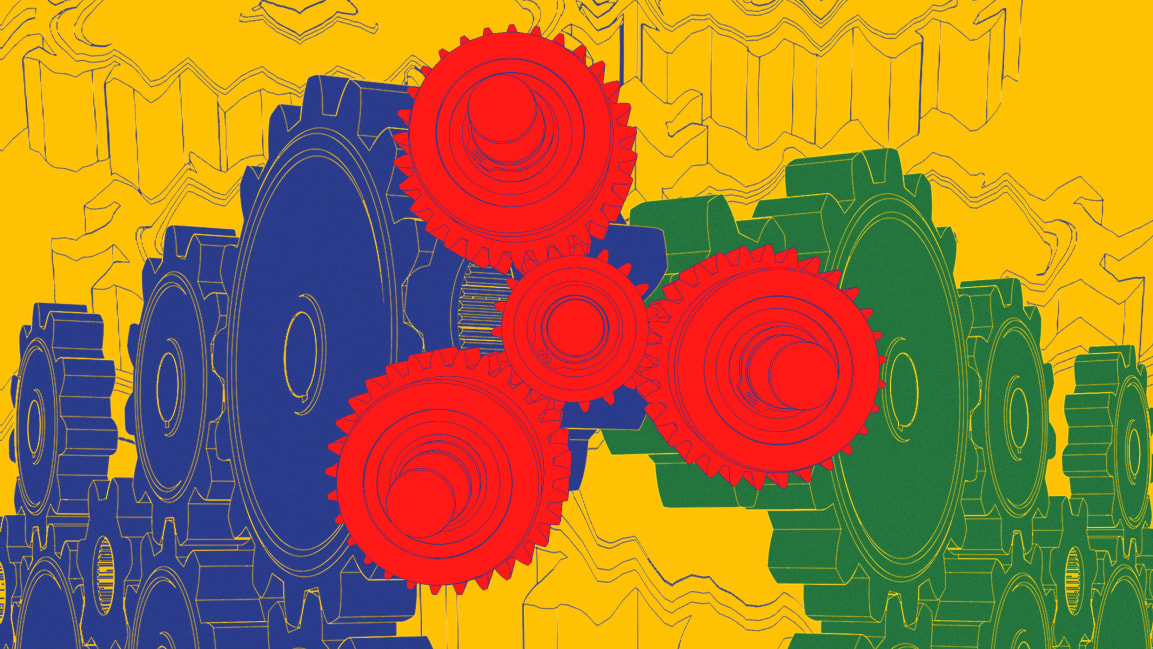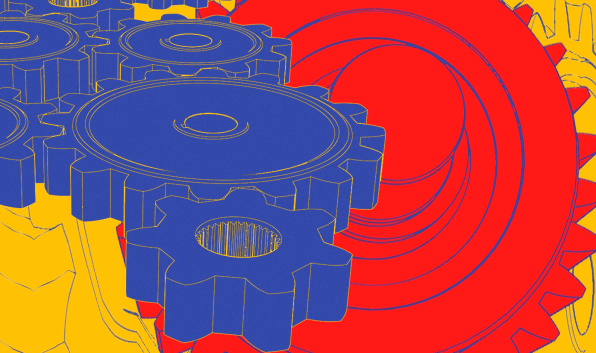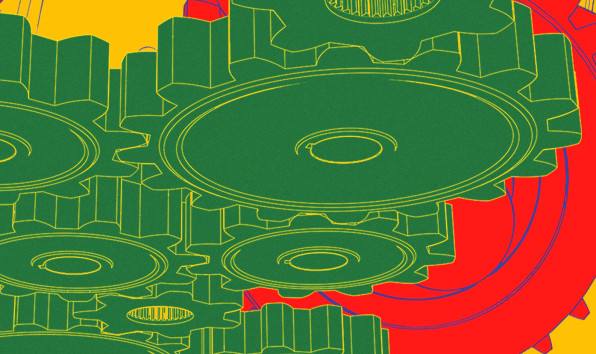
Just a few weeks ago, the changes we’ve seen companies make in the face of coronavirus would have seemed radical. When this is all over, can we go back?
In the last few years, the political science concept of the Overton Window—the range of ideas seen as politically acceptable—entered the zeitgeist. Both the campaigns of Bernie Sanders and Donald Trump are seen as having stretched the Overton Window, bringing ideas into the mainstream that had previously been radical.
Just a few weeks ago, it was radical to think of luxury goods production lines being reoriented to make products of collective necessity or CEOs committing their entire attention to a public health crisis. It would have been radical to think of fine dining restaurants pivoting to serve the food insecure. It would have been radical to think of grounded flights and 50% less pollution in one month. It would have been radical to think of not prioritizing annual growth, year after year after year.
It would have been radical to think of a major company ever saying this, as clothing company Arc’teryx just did: “Pull the emergency handbrake on business as usual and, individually and collectively, accept the choice of hitting one of two buttons: the panic or the pause. Let’s embrace the pause.”

Now, all of those things have happened in the space of a few days. What was radical is now the norm— not just accepted, but so strongly required (legally and morally) that companies would be vilified if they did not take these steps.The idea that companies, markets, the capitalist system could ever stop, change course, and focus on what matters seemed absurd just a few weeks ago. The question for business becomes: What’s possible for companies today that was impossible, and what’s impossible today that was once possible?

Some of what was accepted now seems absurd. Lobbying to shrink and undermine government seems absurd now that it’s the only thing between us and the abyss. Almost all of the advertising on TV seems absurd—messages imploring consumption for a lifestyle that doesn’t exist right now. Relics of a past era that look naive — simple optimism and individualism from an era that feels ancient already.
So how should companies navigate this era?
The first step is to listen, and help. In this moment of vivid interconnectedness, the first priority has to be the collective physical, emotional, and economic well-being of all the people that companies impact, or could positively impact.
After that, we will need a time of massive reconstruction. We will need to reconstitute careers, teams, companies, and communities. But having seen behind the curtain, and now knowing that the old premise of radical individualism and relentless shareholder primacy are mirages that don’t stand the test of time or strain, companies will be called to operate radically differently. After all the deaths, bankruptcies, government bailouts, and broken dreams, society will not slide back to where it was before COVID-19.

What’s acceptable in the future will be generating real value for the world, not just for shareholders. Operating without a clear sense of our interconnectedness will seem even more iniquitous than it did before—and is unlikely to be tolerated by customers, employees, or stakeholders.
The social contract that applies to capitalism has been rewritten. Creating value for shareholders at the expense of everything else will seem radically out of touch. Creating value for the world now seems the only viable thing to do. This is going to force investors, leaders, and product, marketing, and operations teams to reconsider what they do and how they do it, and how they can be part of the epic reconstruction, or risk being irrelevant.
As Max Levine, the CEO of one of my clients, Nico, the Neighborhood Investment Company, said to me recently, “This is a moment where the source code of capitalism can be reworked.” The recoding is inevitable, we just need to be deliberate about how we rewrite it.
One way of looking at this time is: When it’s over, and it’s time to reanimate the economy, we will have survived an existential threat through the power of unprecedented global collaboration, discipline, ingenuity, and the dedicated care of some people showing the best of humanity. Perhaps in that, we can find the inspiration and agency to take back to our work: We can achieve what previously seemed impossible. This mind-set shift could create the next era of great leaders, companies, and massive value for the world.
–
This article first appeared in www.fastcompany.com
Guest Author: SEBASTIAN BUCK
